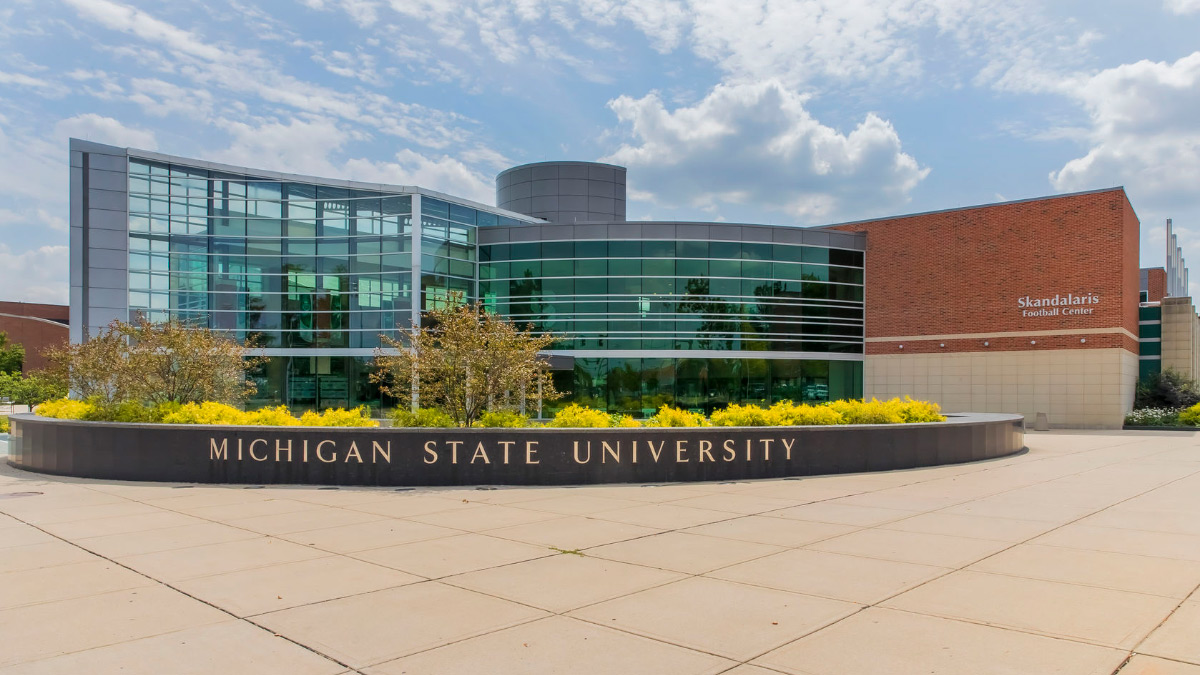These are the Dog Days of summer, with little usually happening in collegiate campus life. This year, however, is different, not an anno mirabilis but more of summer of distasteful things, not as bad as la Terreur when France quite literally lost its head in the 1790’s, but still pretty bad. Let’s talk about two of them.
Hanky-Panky In Lansing
Michigan State University (MSU) is having a bad decade, mostly led by former President Lou Anna Simon. MSU paid out $500 million—equivalent to a sizable hunk of its endowment, to settle lawsuits filed relating to sexual acts against students committed by convicted felon Larry Nassar. Simon herself was eased out as president, leading to a turbulent transition to new leadership. How was Simon punished for this huge stain happening on her watch? Was she summarily fired? Indeed, was she punished at all? If the criminal authorities have their way, the answer is yes. She faces multiple felony and misdemeanor charges and feasibly could be sentenced to prison. What is the governing board of MSU doing? Suing President Simon for malpractice or some of the damages caused by her neglectful management? No. Banishing her from campus? No. They have just given her a $2.45 million severance package, ordered that a portrait of her be done, but one that contractually may not actually get displayed if she ends up in jail! What high ethical standards!!!
Is it no wonder that public support for higher education is sharply declining? Is it not surprising that state legislators are redirecting more governmental resources away from state universities like MSU? I am not a fully informed outsider, but from news accounts it appears that this is a beautiful example of “trustee capture,” similar to “regulatory capture” where those regulated by government (like public utilities) ultimately “capture” their own regulator. In higher education, college presidents bombard their governing board with tons of positive news, suppressing as much as possible negative publicity, scandals, evidence of declining reputation, etc., hoping to capture the hearts and minds of the governing board, not to mention the wallets of the students, taxpayers and naive philanthropists who often fund expensive hanky-panky. If there ever was a need for a good example of college governance reform, this is it.
Ditching Your Kids For Fun And Profit
The Wall Street Journal has several great higher education journalists, including Douglas Belkin, who broke a story about an “only in America” type scam. Wealthy families who will do almost anything to bolster their kids, as the earlier Varsity Blues scandal demonstrated, will also legally divorce themselves from their children, giving guardianship of 17 year old sons or daughters to some relatively impoverished adult relative. Why? When the kid applies for college, he or she declares himself/herself to be from a poor family and voila, a huge hunk of financial aid appears. If the impoverished neighbor lives in a low income neighborhood, perhaps the kid can get some bonus points from a new highly ill conceived College Board venture to reward kids from allegedly disadvantaged backgrounds.
This scam demonstrates the huge amount of price discrimination taking place in the pricing of university services. The typical liberal arts college on average discounts its “sticker price”—published tuition fee—by about 50%. If the official tuition fee is $44,000, the college typically collects about $22,000. A student who can fake being poor can find her or his fees fall from perhaps $35,000 to maybe $10,000—for four years. Moreover, the beauty of this scam (from the perpetrators perspective) is that it is not likely going to put you in jail. There is no law against turning child “guardianship” over to other relatives. For ultra rich folks without any poor relatives, maybe they will be able to go to Hertz Rent a Guardian and get someone who legally will be “guardian” for a child for a year or two. I suspect this little scam will be closed pretty quickly, and colleges will look more carefully at which adults actually oversee children applying to their schools.
All of this shows universities are filled with human beings, many smart and virtuous, but some dishonest and morally suspect—just as the American public at large.












